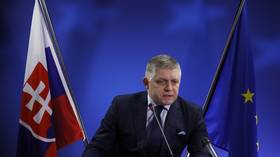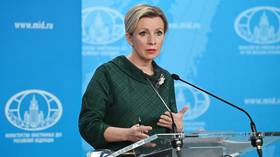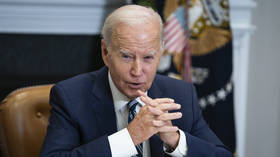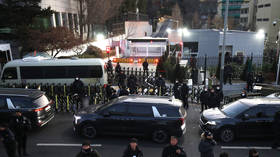Mikhail Saakashvili is lesson to US neoconservatives: Color revolutions can be reversed
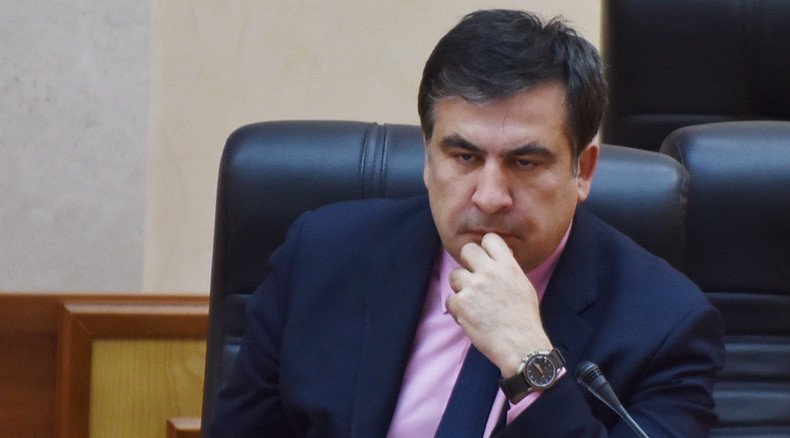
On the anniversary of the 2008 South Ossetia conflict, it appears that that act of Georgian aggression was just a dry run for the events now unfolding with disastrous consequences in Ukraine, Martin Summers, journalist and political commentator, told RT.
On August 8, 2008, the Georgian military launched a full-scale military offensive against South Ossetia, killing many civilians, as well as Russian peacekeepers, while triggering a 5-day conflict. Yet Russia was condemned in the Western media for starting the hostilities.
RT:Why was everyone so quick to blame Russia for initiating the war when Europe’s own observers on the ground were indicating otherwise?
Martin Summers: Well, it’s part of the narrative of neo-Russian imperialism, which was very common in the West at the time, and still is. And also, of course, the whole thing was premeditated by the Georgians in collaboration with Western intelligence agencies. They didn’t decide to attack South Ossetia just off their own bat. And Saakashvili… was very much their man. He’s been removed from power in Georgia, as you know, and has reappeared in Odessa, Ukraine.
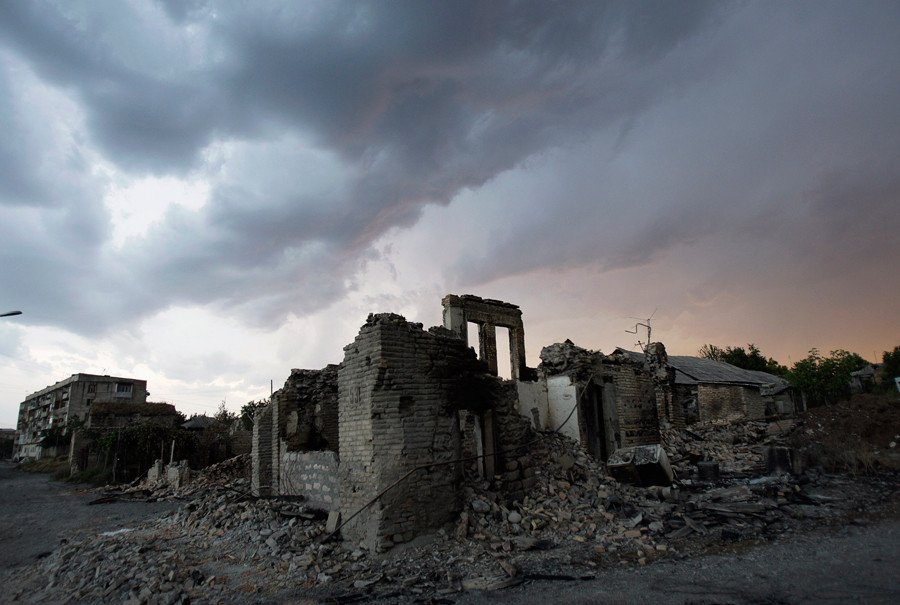
RT:A few months after the war in South Ossetia, Western public opinion had started to shift. News outlets and politicians were saying that it was Georgia that had started the conflict, but perhaps that narrative did not gain as much attention.
MS: No, it didn’t. If you’ve got a general narrative of Russia as the bogeyman, it takes a lot of contrary evidence for public opinion to be shifted. I think the facts that the Russian intelligence knew that something was afoot and they were prepared so that when Saakashvili began the aggression it was dealt with firmly and quickly and the war was over fairly quickly. Russia – or South Ossetia, if you’d like – clearly won and the West was left feeling that they had to justify what had happened, but they really couldn’t. And in many ways, what happened in 2008 was actually a dry run for what we’ve seen happening in Ukraine over the last several years. At that stage, the US neoconservatives, who were pushing for a confrontation with Russia in the Caucasus, got their fingers burnt and they should have learned their lesson from that and this kind of thing was not going to work. And of course it also changed attitudes inside Russia because those groups within the establishment in Russia, who were pursuing a conciliatory policy towards Western powers, were made to look silly because the Western powers had deliberately provoked a confrontation that was unnecessary.
RT:So what is the extent of the similarities now with regards to Ukraine?
MS: Well, one obvious similarity is that Saakashvili, who was the president of Georgia in 2008, has reappeared in Ukraine as a roving gunslinger, as it were, appointed by [Ukraine President Petro] Poroshenko to be governor of the Odessa region, even though he’s not a Ukrainian nationalist – there’s plenty of non-Ukrainian nationals in the government of Kiev at the moment. And in Georgia itself, Saakashvili is wanted for various crimes against the state, including embezzlement, and so on. And the current government of Georgia – I was reading just yesterday - is not prepared to participate in any sort of sanctions against Russia over Ukraine and Crimea. That, in a way, is also a lesson to the neoconservatives in the West is that your color revolutions – like the Rose Revolution that brought Saakashvili to power – they can be reversed. There seems to be a much more rational leadership in Tbilisi now that sees itself in a balance between Russia and the Western powers and pursuing an independent policy, and not one of a crazy confrontation with a big neighbor like Russia.
The statements, views and opinions expressed in this column are solely those of the author and do not necessarily represent those of RT.
LISTEN MORE:
The statements, views and opinions expressed in this column are solely those of the author and do not necessarily represent those of RT.




